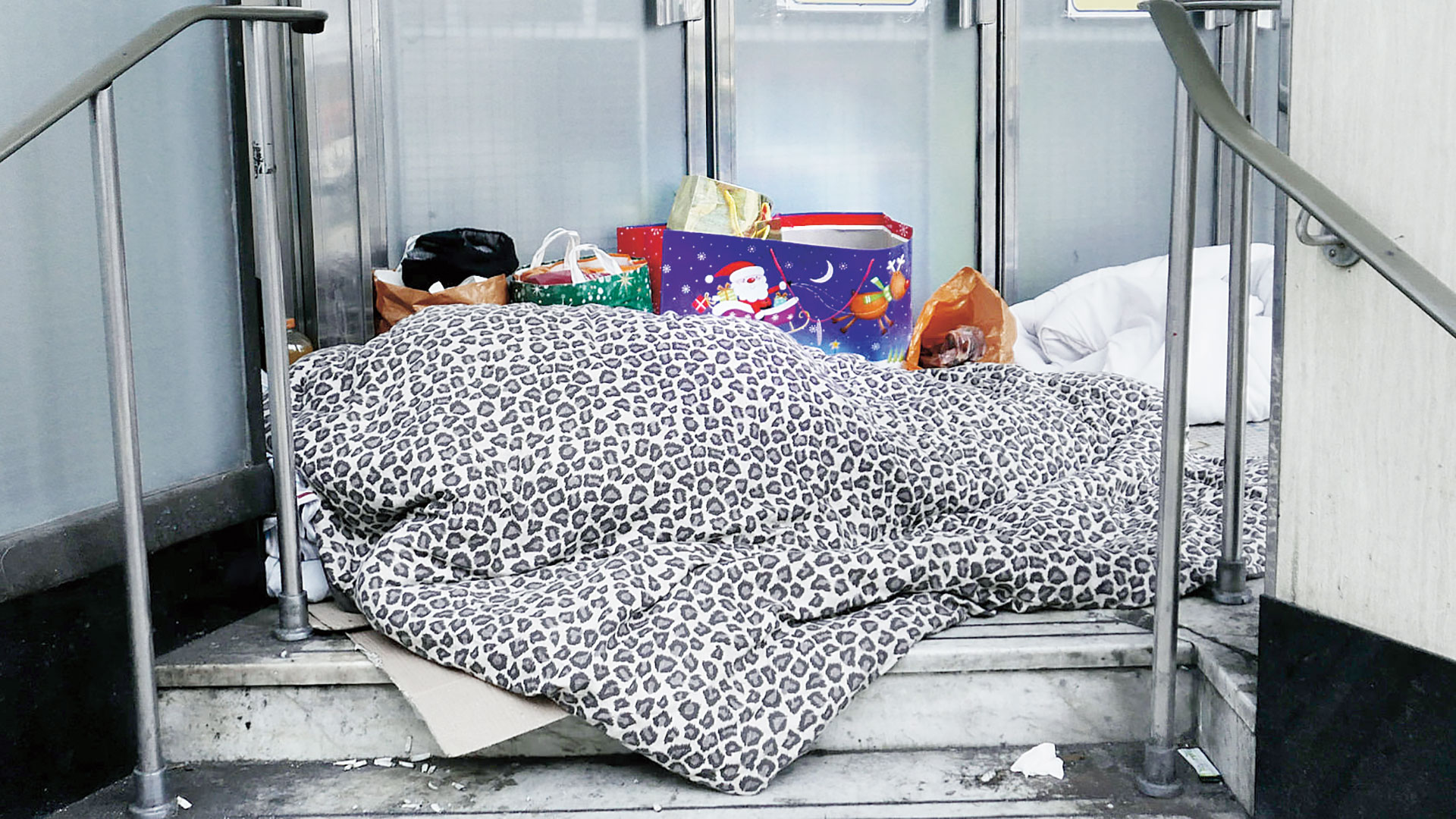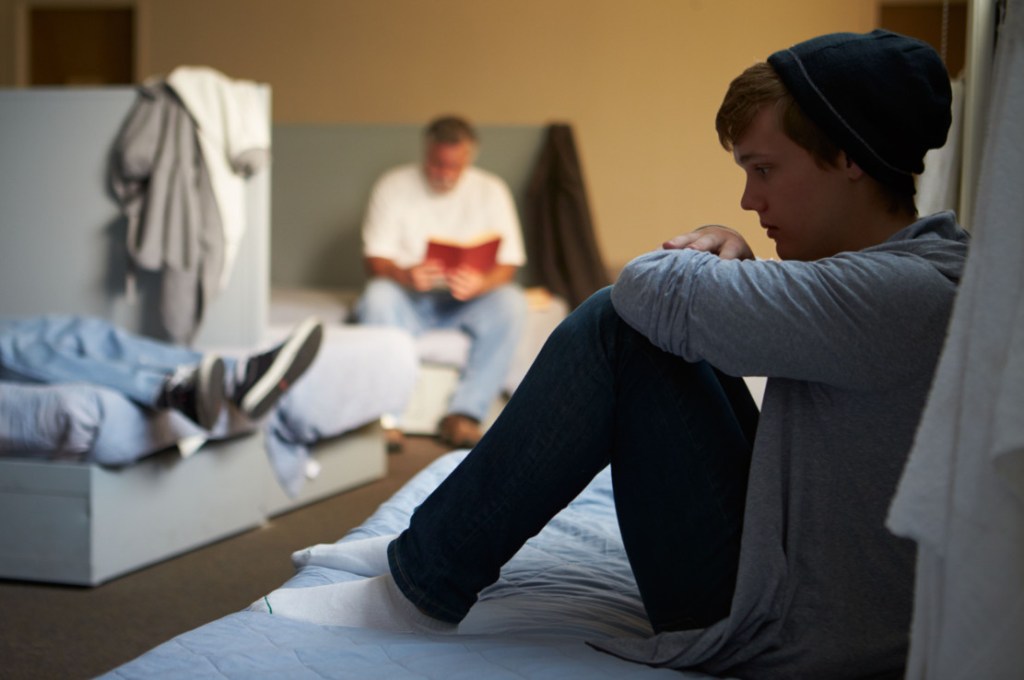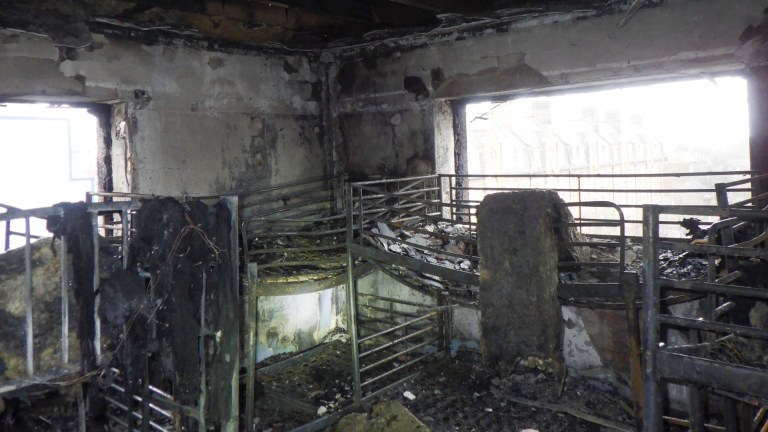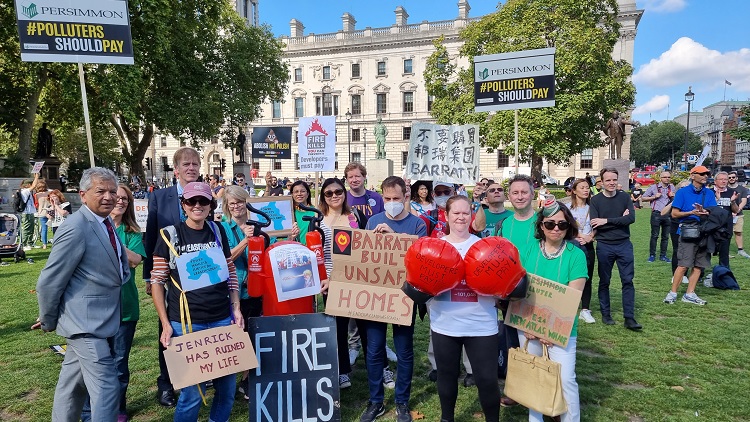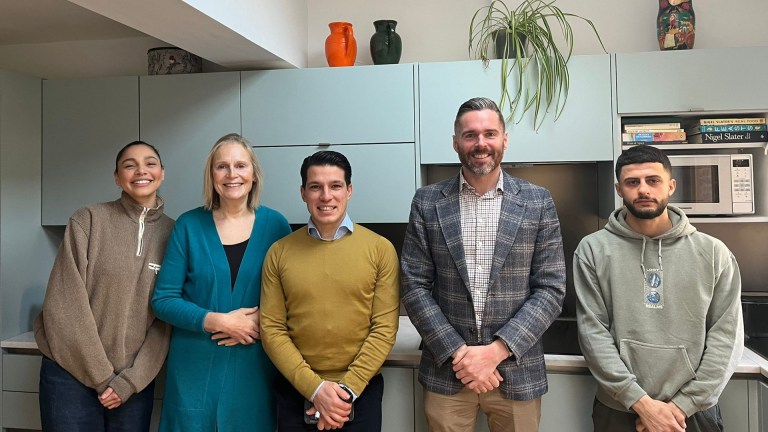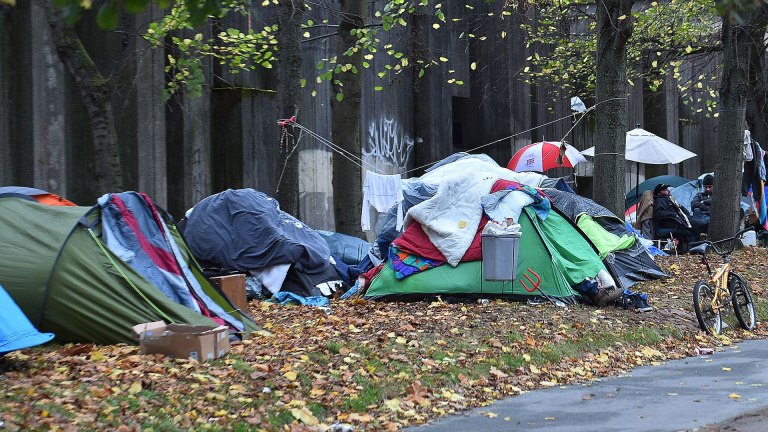Rough sleeping is on the rise. The latest stats bear out what anyone walking around major cities like Manchester, Glasgow and London early in the morning or late in the evening already know: a growing number of people are sleeping in Britain’s doorways, bus stations, bin shelters, parks and underpasses.
New figures show 4,134 people are now sleeping rough in England on any given night – a 16 per cent increase compared to the previous year. This is the sixth successive year of rising numbers, an uninterrupted trend since 2010. The government snapshot figures may even be an under-estimate of the problem. The Chain network of homelessness charities counted 8,096 rough sleepers in London alone during the last recorded year, 2015-16.
The idea of anyone having to sleep outdoors upsets people, especially during winter. But the outrage about the latest rise is accompanied by a growing sense of despair that the problem is getting steadily worse. St Mungo charity’s chief executive Howard Sinclair describes the return of the epidemic not seen since the 1980s and early 1990s as “nothing short of a scandal”.
So how did it get quite so bad? Why are so many people falling through the safety net we assume our society still provides?
The awful truth is that rough sleeping is only the most visible symptom of the intense housing woes affecting tens of thousands of others
Charities dealing with the sharp end of homelessness point to a reduction in funding to hostel and supported accommodation. Bed space numbers have fallen 16 per cent since 2010, and 41 per cent of these emergency providers have experienced funding cuts in the same period.
